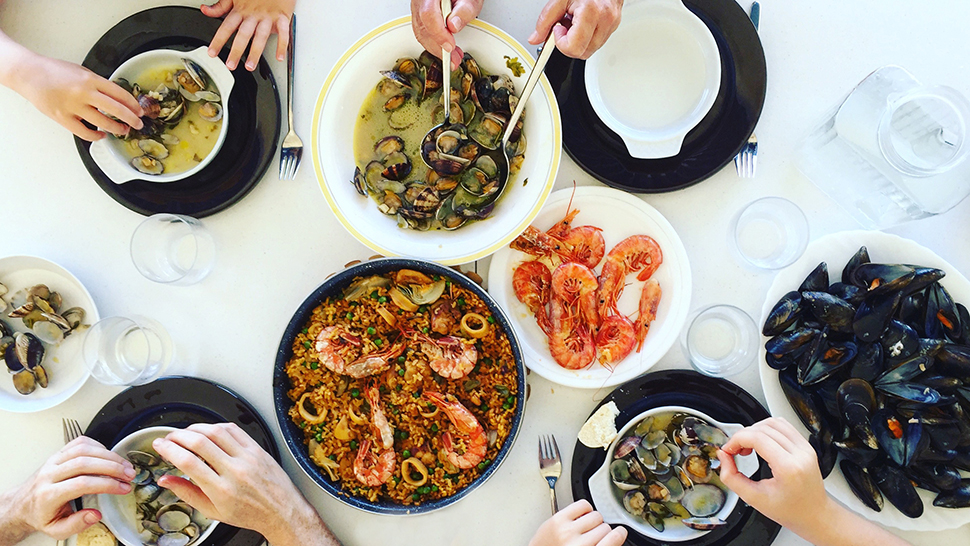
Eating a balanced diet is a win for long term health and a foundation for total wellness, but can healthy eating be taken too far? While choosing to consume healthy foods the majority of the time is recommended by dietitians and health care professionals for weight management, chronic disease prevention, and overall well-being, becoming unusually preoccupied with eating the “right” foods and feeling guilty or shameful for eating the “wrong” foods can be a sign of a problem. A problem called orthorexia.
The National Eating Disorder Association defines orthorexia is an emerging, unspecified eating disorder in which a person has an obsession with “healthful” eating. While being aware of the healthfulness of food is important, people with orthorexia tend to be inordinately fixated on choosing healthy, or “pure,” foods to the point of affecting their mental and physical health. The eating disorder is separate from anorexia or bulimia in that people with orthorexia do not limit food intake based on a desire to be thin, but instead on an extreme desire to eat only foods they determine to be healthy.
The difference between leading a healthy lifestyle and having orthorexia lies in balance. A healthy relationship with food includes choosing foods that help you feel your best while also allowing yourself the freedom to indulge in your favorite treats without guilt or shame (go ahead and savor the occasional maple bacon donut or truffle fries). Whereas people with orthorexia often demonize certain ingredients or food groups they deem unhealthy, leaving only a small range of foods they will eat. This can lead to an unhealthy amount of weight loss (though weight loss may not occur) as well as nutritional deficiencies. Social gatherings and eating with friends and family are meant to be joyous occasions, but for people with orthorexia they may provoke anxiety and stress, which can lead to social isolation.
This black and white thinking and labeling foods “good” or bad” can be a slippery slope that leads to an obsession with healthy eating. Total wellness is more than the foods on your plate; it includes lifestyle choices that nurture your social, physical, and mental health too!
If you think you or someone you know may be taking healthy eating too far, talk to a health professional qualified to assess your eating behaviors. For more information and resources on orthorexia, visit the National Eating Disorders Association.